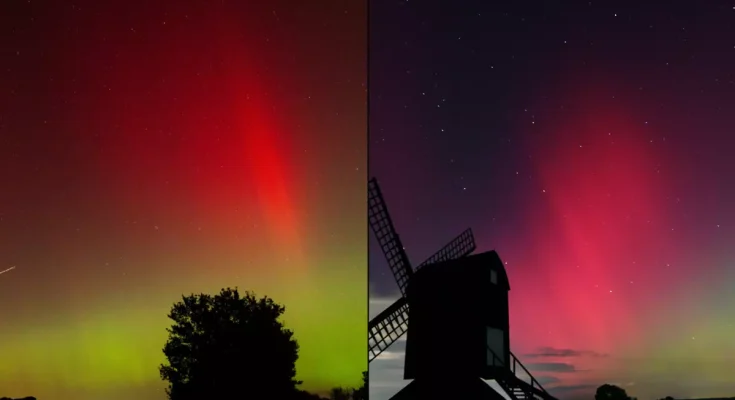Five vital things you need to do in order to see Northern Lights with chances of
Many of you will just have had one of the best chances you’re ever going to get to see the Northern Lights.
Thousands of Brits turned out into the cold October night yesterday (10 October) and were rewarded with a dazzling display of lights dancing across the skyline in beautiful patterns.
Those who managed to see the Northern Lights, which were visible as far south as Kent, will have been spellbound by a phenomenon which has delighted, intrigued and at times terrified people throughout the ages.
For those of us who didn’t get a chance to see them, better luck next time which incidentally might be this weekend if you’re fortunate enough to be in Scotland.
If you don’t have a time machine to hop back to last night and see them then you should know the best ways to better your chances of seeing the lights.

Spellbinding, isn’t it? (Jim Dyson/Getty Images)
Pre-sight checks
You will look like an absolute ding-a-ling if you head out into the cold night to see something that’s not even there, so first make sure the aurora borealis is actually going to be in your part of the country.
Do a spot of research, the Met Office will often say when and where the Northern Lights are visible and when they do we’ll usually be on hand to tell you they’ve said it.
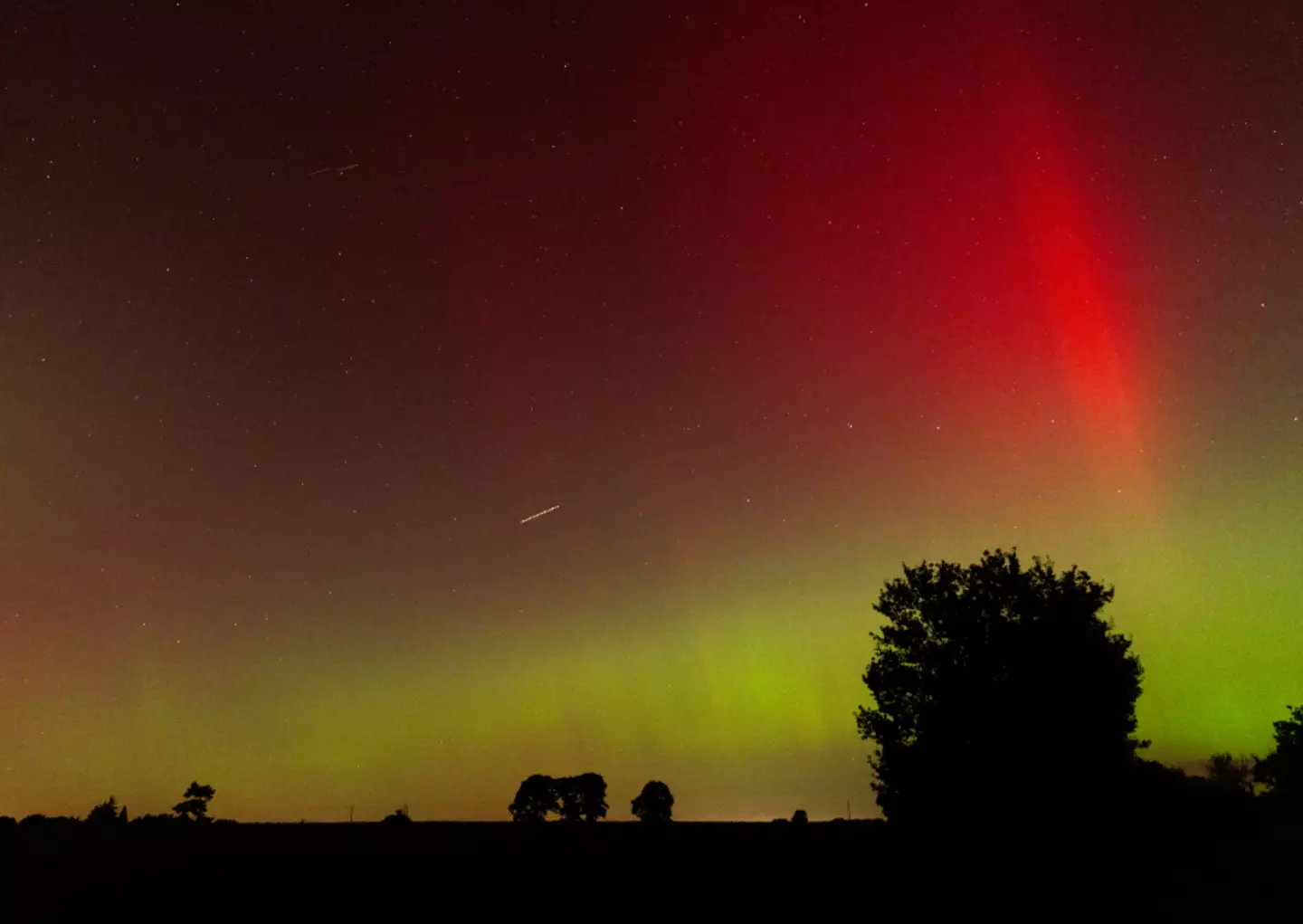
Plenty had the chance to see them, but there will be other chances. (George Mattock/Getty Images)
Embrace the countryside
Where there’s people there’s lights, and that means light pollution.
That’ll absolutely ruin your chances of seeing the Northern Lights, so you need to get away from the bits of the country which are blaring their own beacons into the skies.
Last night with such good visibility of the lights even people living near cities were able to get a decent look, but in general you want to find a spot that’s further away from all that pollution.
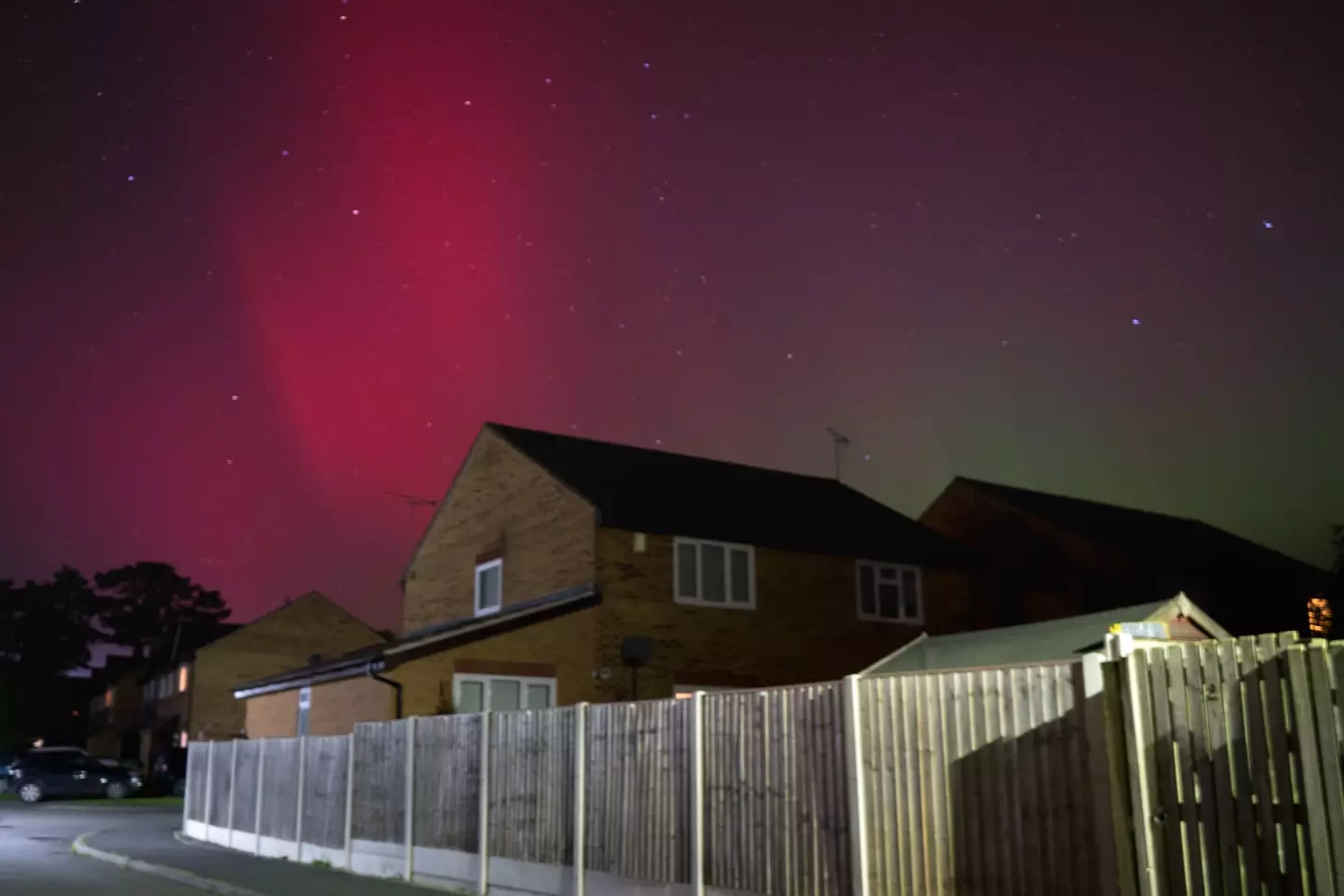
The recent lights were so visible that they could clA bit of light should be alright, but don’t try to spot them from a city centre. (Jim Wood/SOPA Images/LightRocket via Getty Images)
Cloudy with a chance of pain
It’d be a real bummer if everything aligned perfectly for you and then you couldn’t see anything in the sky because it was so cloudy.
Use apps like Windy or Scope Nights to check your local cloud cover to see if you’re going to have a problem.
What you don’t want is low clouds as that’ll get between you and the lights, high clouds shouldn’t be too bad for your vision.
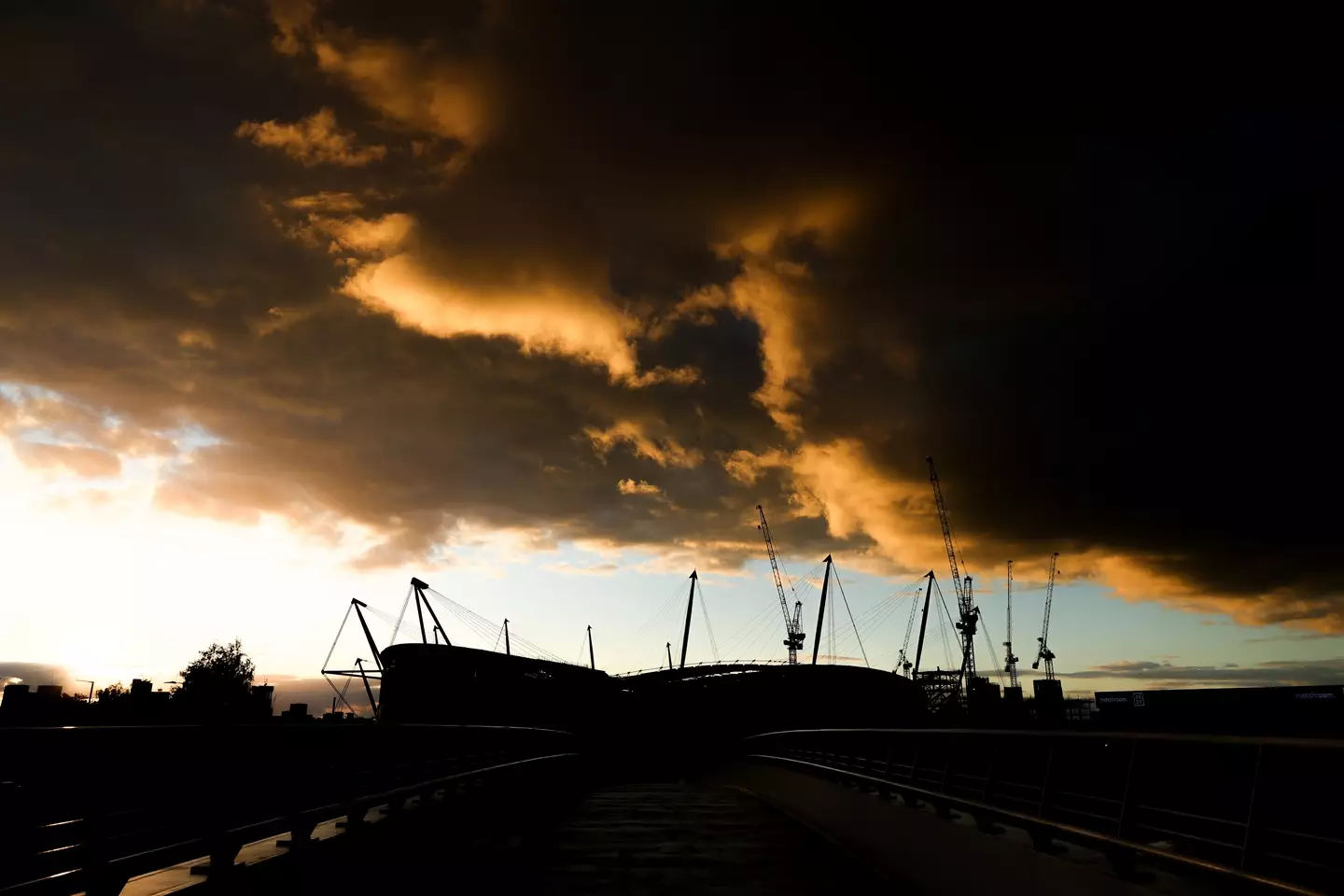
You’ll need to be in a spot without sunshine and clouds for the best chance. (James Gill – Danehouse/Getty Images)
Check the sunset
Light and darkness exist in an intertwined state, so check what time the sun is setting in your area and plan accordingly.
You’re not going to see them before sunset and you don’t want to be sitting around doing nowt for ages when you could be enjoying an unforgettable luncheon or indulging in some isometric exercise.
Get your timings right and figure out when you should be popping out to see the lights (it could even be this time of year, at this time of day, localised entirely in your kitchen).
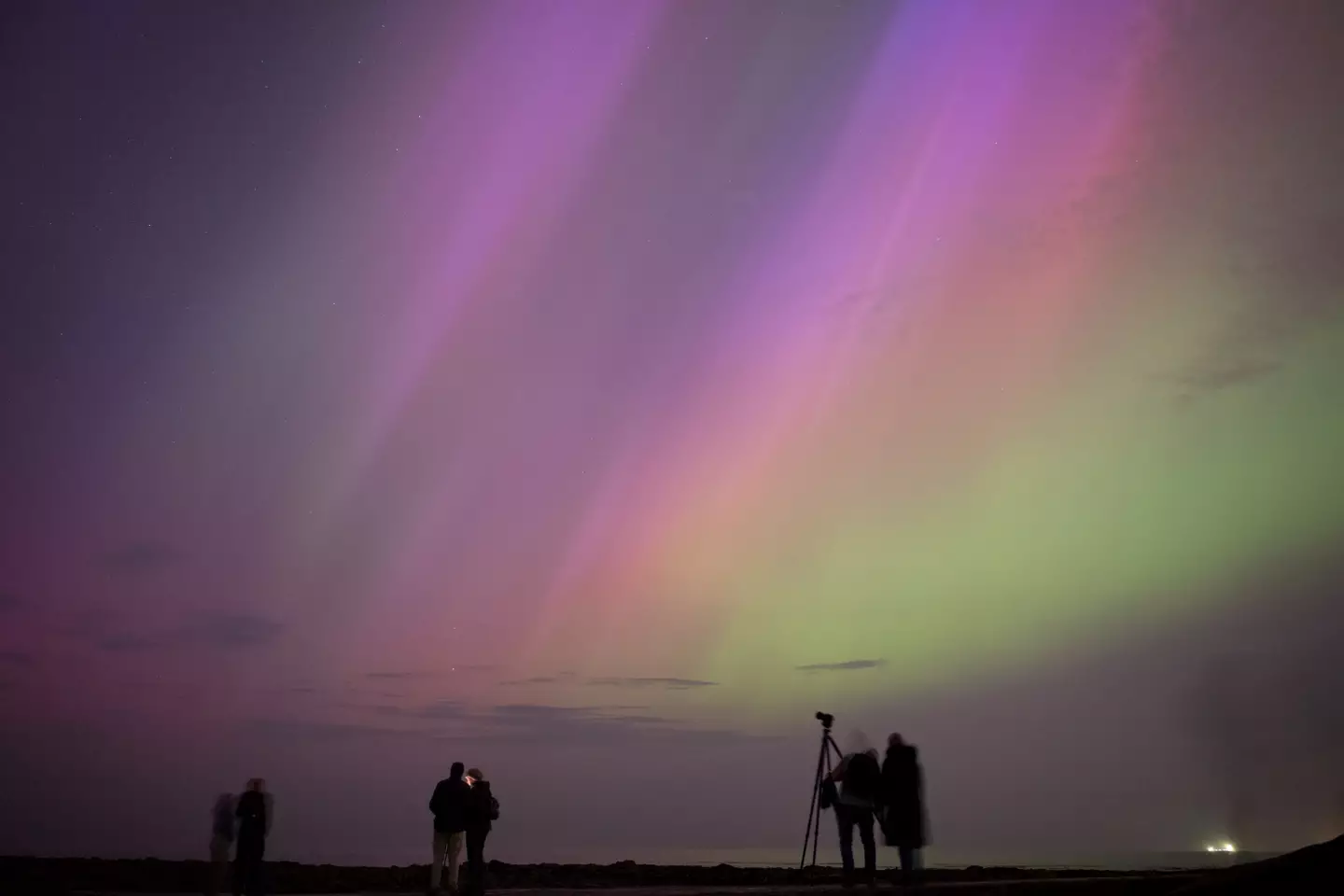
Your best chance of viewing is through a camera, make sure it’s set up right. (Ian Forsyth/Getty Images)
Calibrate your camera lens
The best chance of seeing the Northern Lights is actually through a camera.
As much as you might want to get a good sighting with your eyes alone a properly adjusted camera will give you the best chance.
If you figure out the right settings then a visual delight may be your reward, and you can make everyone jealous with all the pictures you’ve taken.
For those of you with an iPhone, switch on the camera’s Night Mode as it’ll help capture the moment.
Featured Image Credit: George Mattock/Getty Images / Jim Dyson/Getty Images them reappearing again
